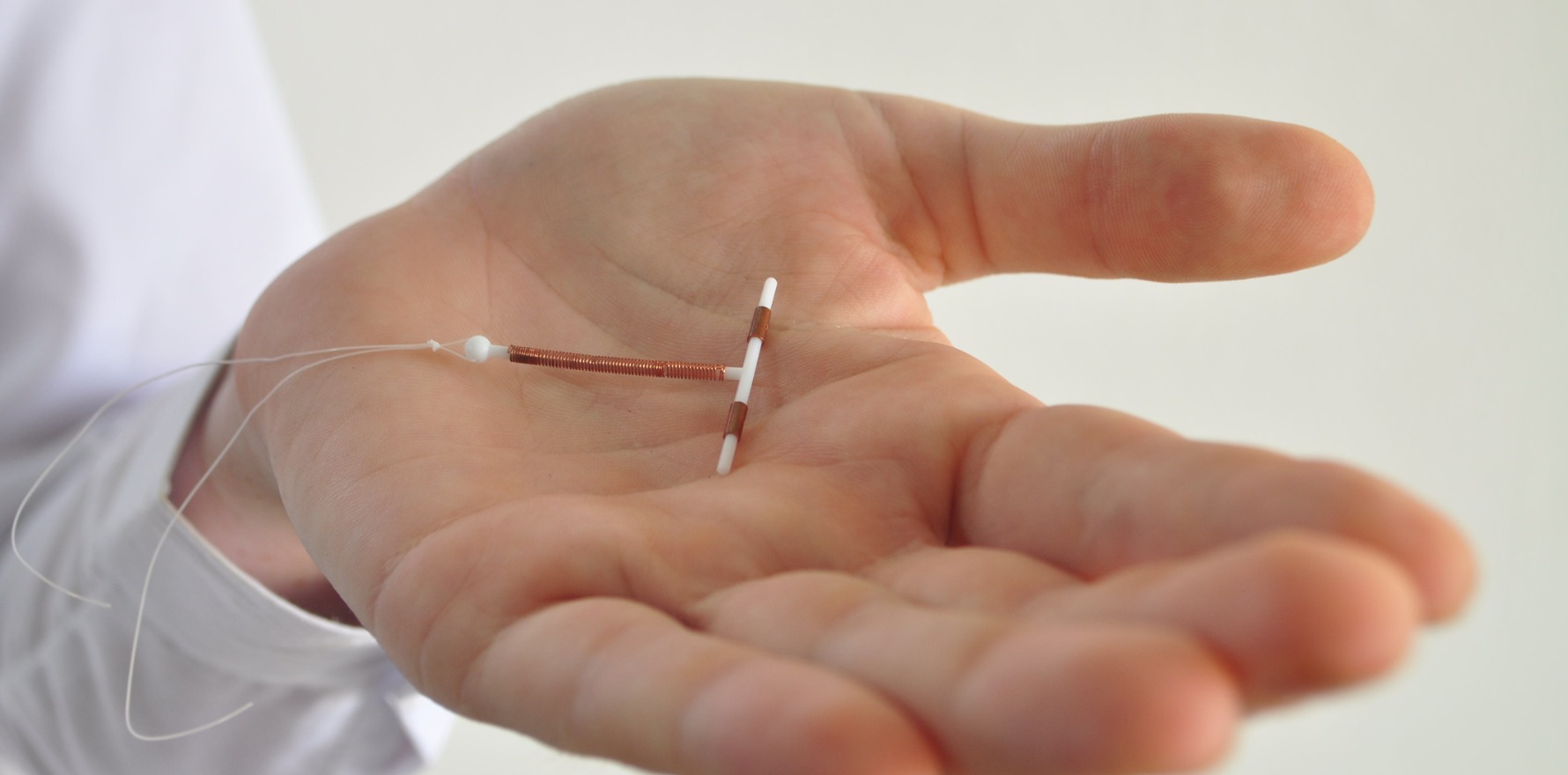Some doctors are struggling to find non-hormonal IUDs, but it’s just a matter of knowing where to look, says expert.
There is an apparent shortage of common copper IUD brands used by pharmacists and GPs in Australia, leaving some medical professions at a loss for where to find the non-hormonal, long-acting contraception.
But chair of the RACGP sexual health medicine special interest group Dr Sara Whitburn told The Medical Republic that there were other brands available, it was just a matter of knowing where to look.
“There does seem to be a shortage of brands that were very commonly ordered by pharmacists and used by GPs – that’s the Multiload and the [NOVA] T380,” said Dr Whitburn.
But there are still other brands of copper IUDs available, such as the Mona Lisa supplied by Basin Medical Pty Ltd, however, many doctors are unaware of where to find them, Dr Whitburn told TMR.
“There does seem to be a call out among medical professionals about where to find copper IUDs,” she said
“I have noticed, anecdotally, that it takes professionals letting other professionals know that these brands are available.”
According to Dr Whitburn, it’s unclear what is causing the supply issues with the Multiload and the NOVA T380, both of which are manufactured overseas.
Managing director of Australian importer Contiform told the ABC that new EU regulatory compliance requirements had caused some manufacturers of the T380 copper IUDs to withdraw.
Speaking to TMR, managing director of the women’s medical device and products suppliers Basin Medical – which is the exclusive supplier of the Mona Lisa copper IUD in Australia – Tammy Hunt said their supply remained unaffected, despite the product coming from Belgium.
“There certainly has been increased demand,” she said.
“I think that’s because people are being further educated by their GPs and clinicians that there is something else available to them other than a hormonal device.”
Ms Hunt said that on top of positive clinician feedback, the Mona Lisa has the added bonus of being MRI conditional, which some other IUDs aren’t.
“There seems to be more of a shift for women using these not only as emergency contraception, but for longer term contraception as well.”
The Department of Health and Aged Care told the ABC that the TGA had not been notified of supply disruption of non-hormonal IUDs in Australia.
But there remain issues in accessibility.
Currently, due to its classification as a device rather than a medicine, the copper IUD cannot be subsidised through the Pharmaceutical Benefits Scheme.
Other hormonal IUDs are partially subsidised through the PBS.
Ms Hunt said its time to “start the ball rolling” on subsidisation.
“I do think that that needs to come from the GPs and clinicians,” she said.
Dr Whitburn said it would be up to the government whether they chose to subsidise a device, but that one of the main barriers to uptake was cost.
“I think anything that makes copper IUDs cheaper would support the uptake in Australia.
“If there was a possibility for there to be a subsidy, I think that would improve accessibility.”
Related
Dr Whitburn said choice was important when it came to contraception, as all IUDs had pros and cons.
“It’s about choosing the IUD that most benefits that person for what they want to get out of their contraception or their menstrual management.
“For someone who is looking for a long-term contraceptive, then, at the moment, the copper IUD can last 10 years.
“That’s longer at this point than the hormonal IUDs.”
The copper IUD is also a great emergency contraception, if inserted within five days of unprotected sex, said Dr Whitburn.
But it is hindered by the cost of the device, insertion and access to an appointment with a trained health professional for insertion, she added.
The process can also be costly for GPs.
“When [a GP is] doing sexual and reproductive health care consultations, you want to take a risk assessment, you want to understand people’s contraceptive and fertility needs.
“Being able to cover that time in the consult is really important.”
As well as better rebates for longer consults, Dr Whitburn called for higher rebates for the insertion itself.
While this rebate did increase in the last MBS review, higher rebates could go towards covering costs incurred when undertaking the training on long-acting reversible contraception.
“Both the state and the national sexual reproductive health plans often focus on long-acting reversible contraception, because we know that that can decrease unplanned pregnancy,” said Dr Whitburn.
“But we also know the uptake in Australia is low compared to other Western countries.
“I’d really like to see funds for supporting GPs to train in [providing long-acting IUDs] without them incurring that loss of income.”





